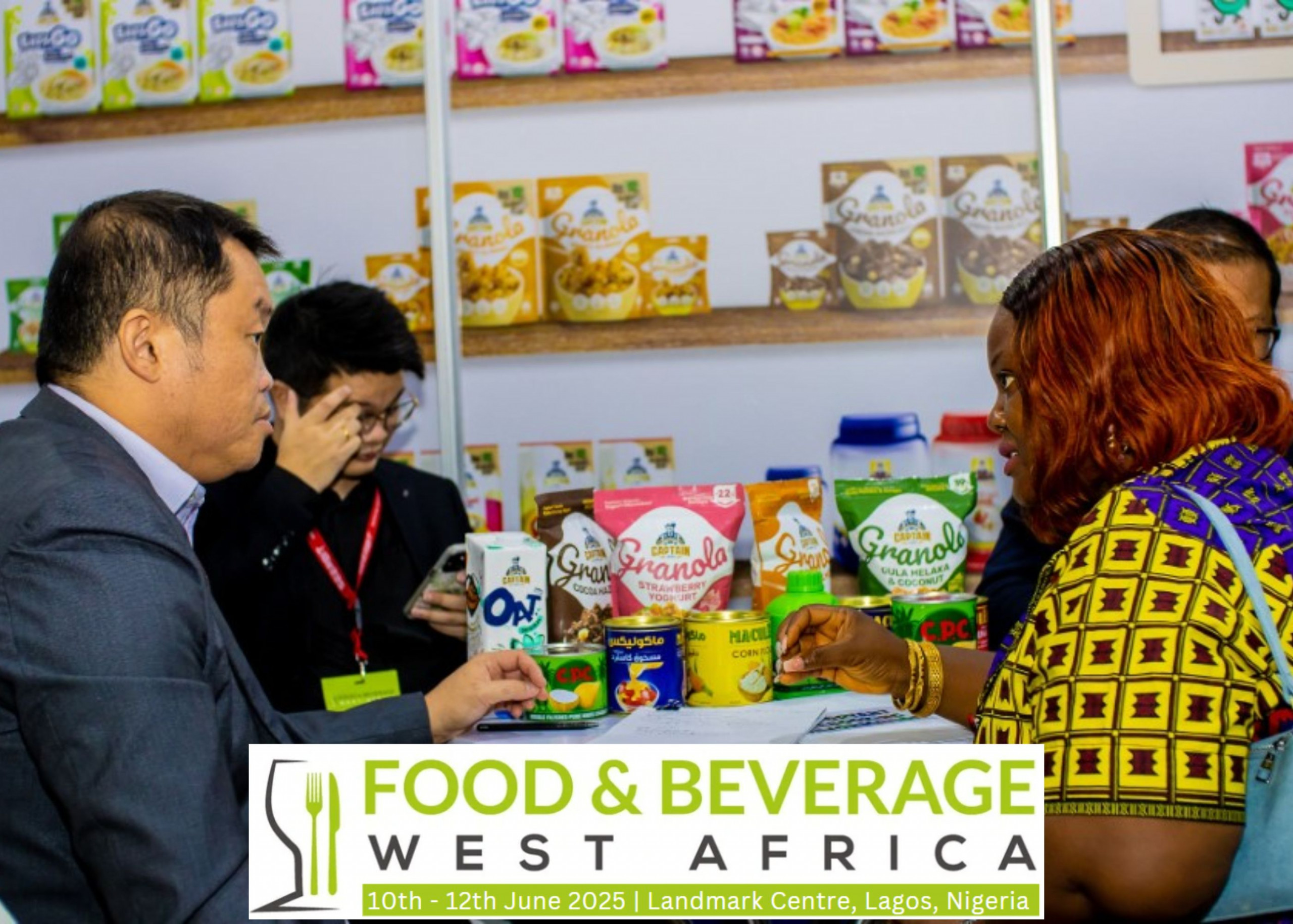When most people hear agriculture, what comes to mind is a tired farmer in rubber boots, sweating under the hot sun. Although correct to some extent, it’s only one piece of the puzzle. Many key players in the Nigerian agriculture sector don’t work in the fields or toil in dirt.
Today’s agriculture is science-driven, think drones flying over cassava fields and autonomous devices gathering and processing farm data, lab scientists tweaking seed genes, researchers using AI to predict drought. It’s about Nigerian brains, trained here and abroad, coming back to fix how we grow and eat our food.
According to the FAO’s 2024 outlook, Nigeria’s population could hit around 360 million by 2050. That kind of growth won’t wait for traditional methods; we’ll need serious boosts in productivity, powered by technology and bold thinking. The challenge is urgent, but so is the opportunity.
That’s why we’re launching this four-part series, spotlighting 20 brilliant Nigerian scientists who are reimagining agriculture. They’re developing pest-resistant crops, reviving tired soils, protecting our forests, raising yields, and showing the world that agriculture isn’t just about digging with cutlasses. It’s about ideas, purpose, and impact.
Nigerian Researchers Powering Agricultural Breakthroughs
1. Prof. Rabiu Adamu
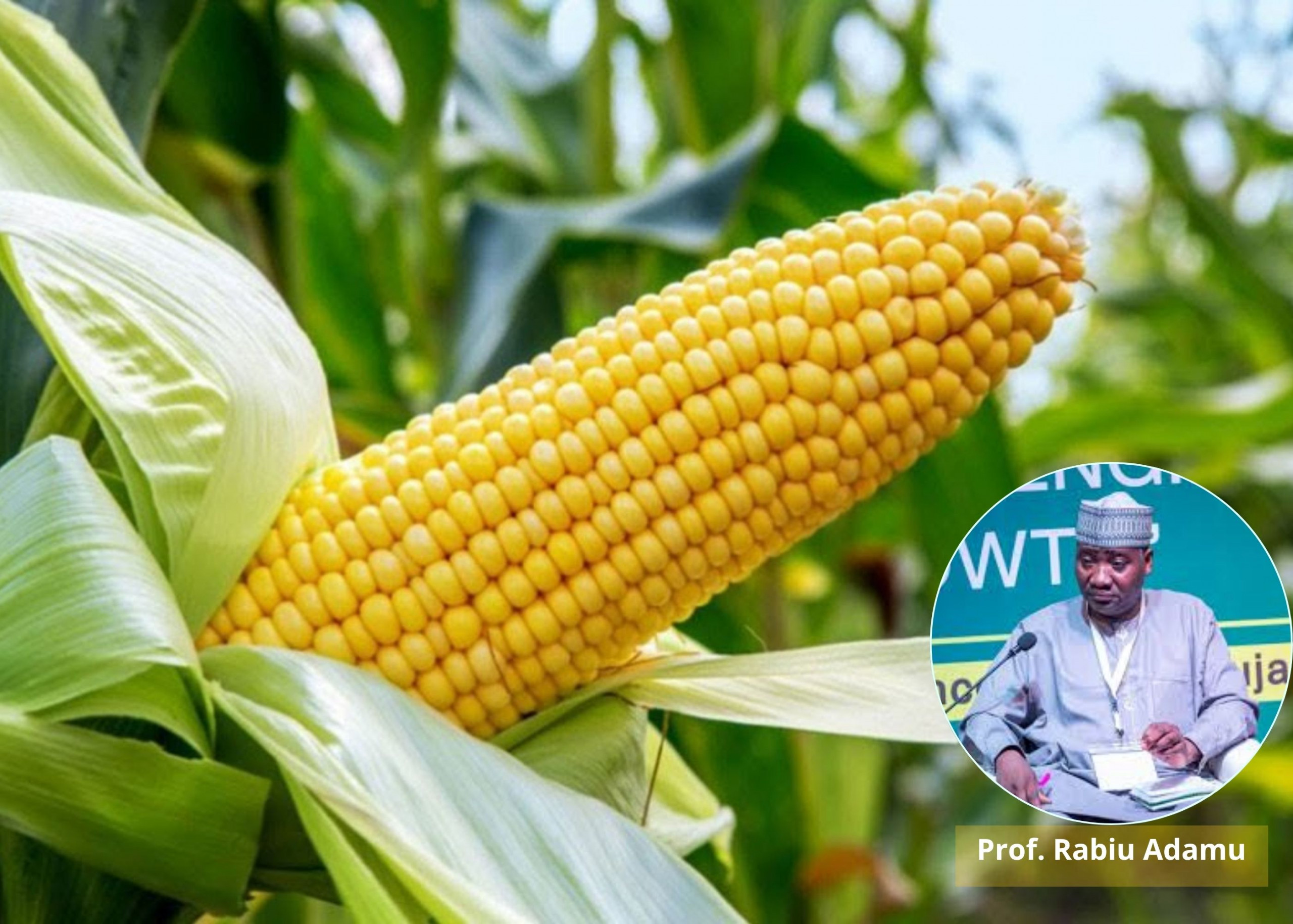
Back in secondary school, Prof. Rabiu Adamu wanted to be an engineer, but one teacher’s advice flipped the script. It nudge led him to study bugs, yes, pests, and how to outsmart them using science.
Today, he’s one of Nigeria’s top entomologists and the President of the Entomological Society of Nigeria. As Principal Investigator at the Institute for Agricultural Research (IAR), ABU Zaria, he leads the charge on TELA maize, the genetically modified maize that resists both insects and drought. This maize fights off stem borers and Fall Armyworm, and in trials, it gave yields of 6.5 to 8 tonnes per hectare, more than double what most farmers get with traditional seeds.
Key Win (2021–2023): Led Nigeria’s TELA maize trials to consistent 8 tonnes per hectare (t/ha) yields. Experts estimate it could save Nigeria about $168 million yearly on pesticide imports alone.
Prof. Adamu doesn’t care much for the limelight. He’s all about using science to feed the people, not just filling academic journals. And to think, it all started with one teacher and a dream of fixing real problems.
2. Dr. Kazeem Akanni Jimoh
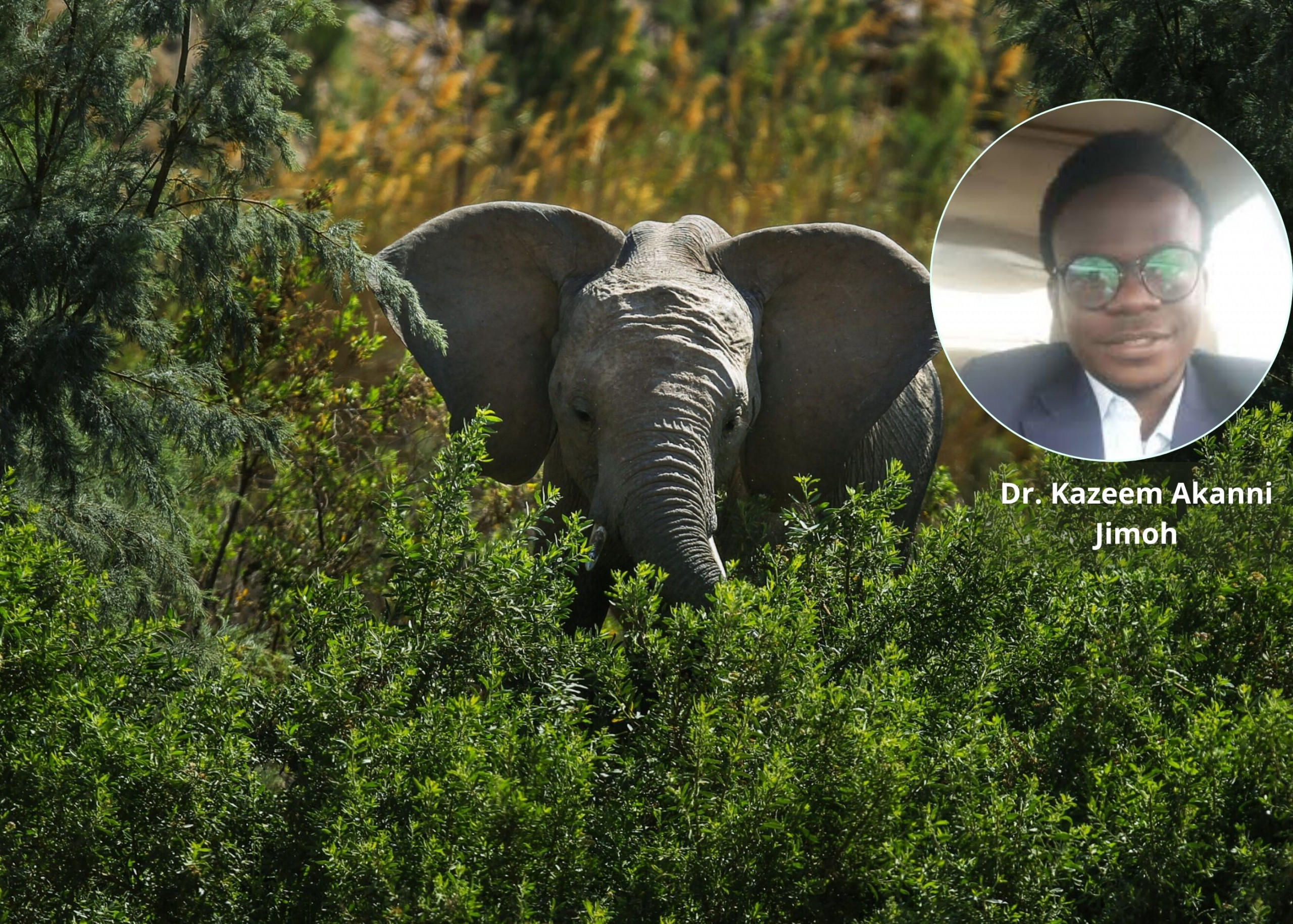
Dr. Kazeem Jimoh made waves at the Forestry Research Institute of Nigeria (FRIN). In 2019, at just 27, he received the UNESCO Man and the Biosphere Young Scientist Award, becoming one of the few Nigerians to ever earn that honour.
His groundbreaking research explored how eco-friendly green economy models in the Omo Biosphere Reserve could help rural communities earn more while still protecting the environment.
Key Win (2019): Named a UNESCO MAB Young Scientist for his work on sustainable livelihoods in protected forest areas.
Dr. Jimoh’s journey is proof that young people don’t need to wait decades to make a global impact, just a clear purpose, smart research, and a heart for the land.
3. Prof. Joshua Olalekan Ogunwole
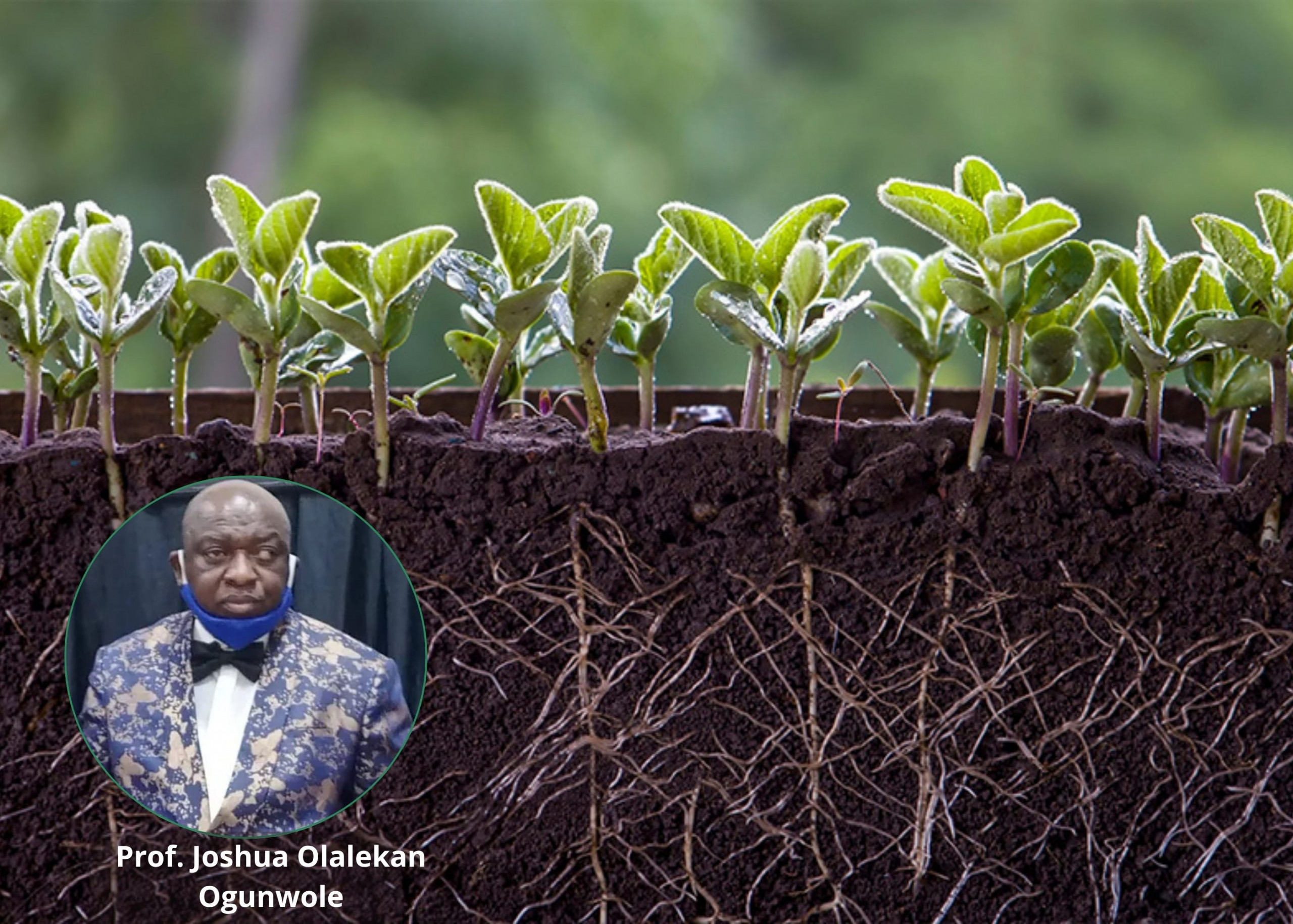
Prof. Ogunwole’s career started on the farm, literally. He managed Yula Farm at age 23 before rising to become one of Nigeria’s leading soil scientists.
He served as Vice Chancellor of Bowen University between 2018 and 2023, using that platform to blend scientific research with institutional leadership. His studies on carbon-nitrogen cycles in millet soils and how crop rotation affects soil health are helping to restore degraded lands across Nigeria.
Key Win (2025): He recently acquired an Advanced GPS Receiver for Space Research, a sophisticated instrument for atmospheric and space weather studies for FUOYE, where he is Deputy Vice-Chancellor for Strategic Partnerships, Research, Innovation and Linkages (SPRIL). He had also earlier received various research fellowships and awards, including Fulbright, TWAS-UNESCO, and Humboldt research fellowships.
Prof. Ogunwole’s contributions to dryland agriculture and to mentoring the next generation are widely acknowledged.
4. Dr. Bartholomew Saanu Adeleke
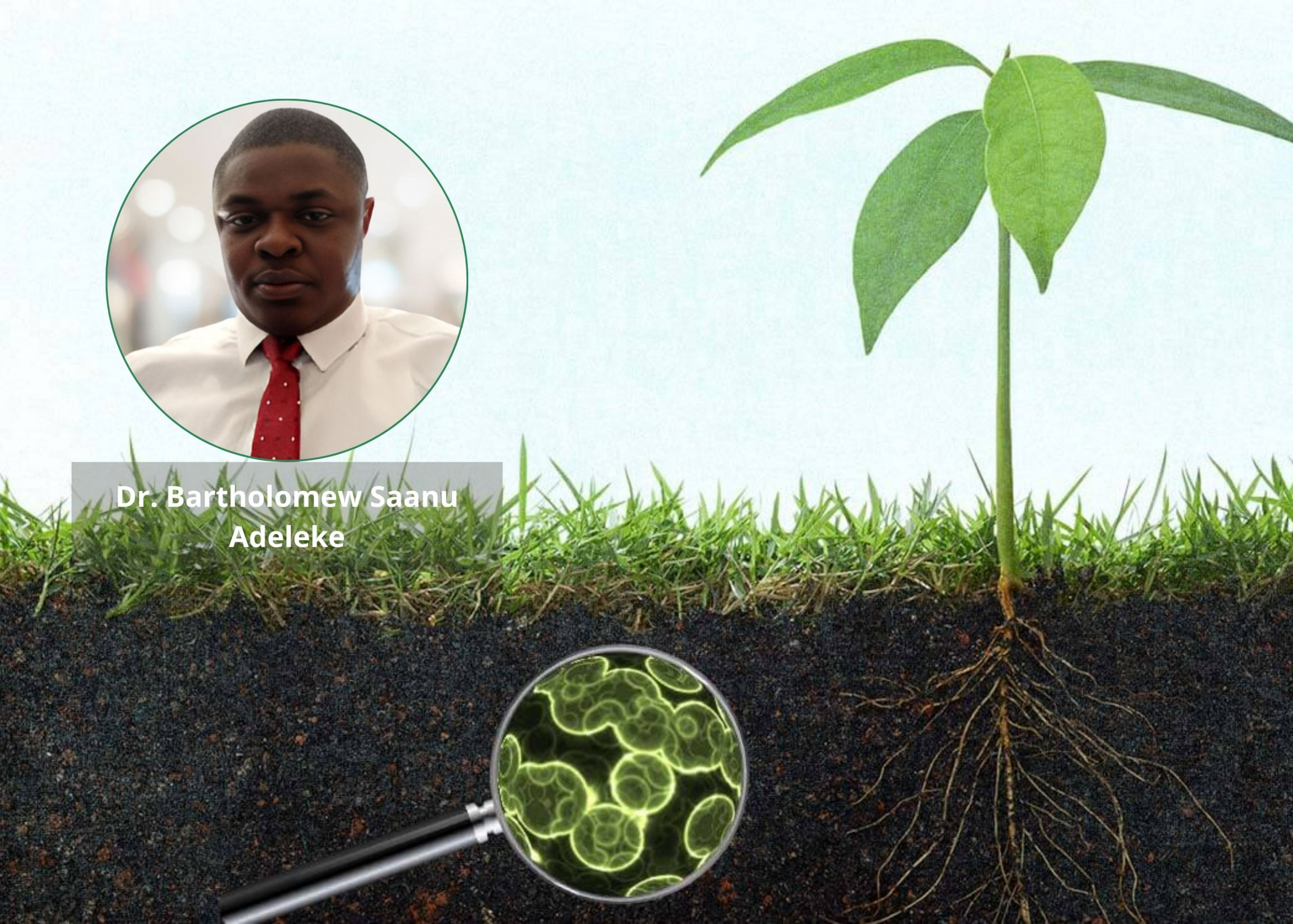
Dr. Adeleke got fascinated with what lies beneath the surface, the microorganisms contributing to the green earth. At the Ondo State University of Science and Technology (OAUSTECH), he dives into the tiny, invisible world of microbes and how they shape plant health.
In November 2024, he was ranked among the top 2% of global scientists in Plant Biology and Botany by Elsevier–Stanford, making him the first from his university to achieve that.
Key Win (2024): Global recognition for his pioneering work in microbial biotechnology, helping crops become more resilient and soils more fertile.
He dedicated the award to his late parents, saying it reminds him why his work matters: solving real problems in food security using science that starts at the microbial level.
5. Prof. Ganiyu Oboh
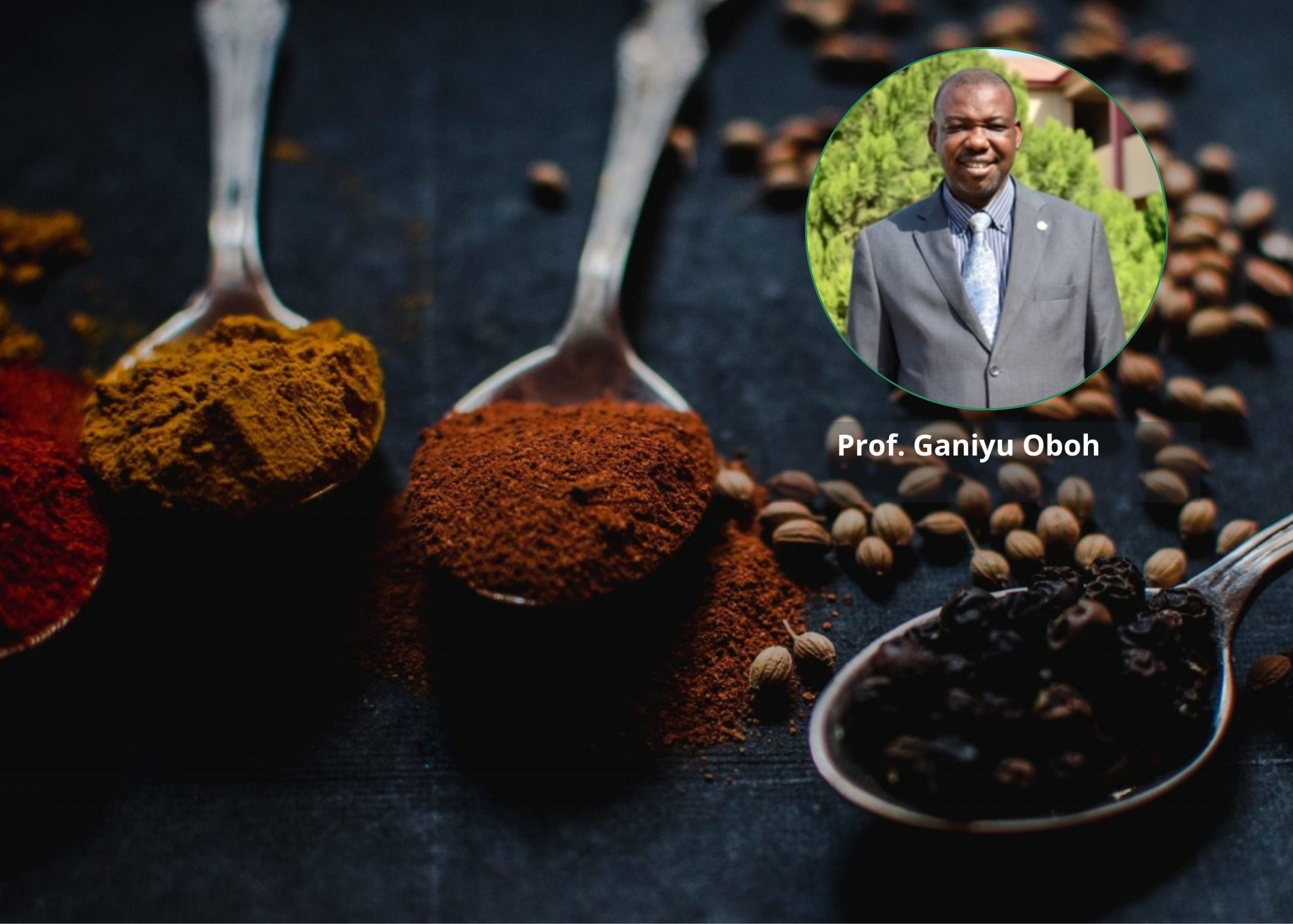
During festive periods, while most people are blending spices for stew, Prof. Ganiyu Oboh is in the lab, testing those same spices for their power to fight disease.
At FUTA, his work goes beyond food; it’s about healing. He’s published over 300 scientific papers with more than 8,700 citations. In 2021, he was named Best Researcher by the Alper-Doger Scientific Index and received a Humboldt Fellowship for his efforts.
Key Win (2021): Breakthroughs in nutritional biochemistry, proving that common Nigerian crops can fight oxidative stress and chronic illnesses.
Prof. Oboh proves that local food crops are more than meals; they’re medicine. His research bridges Western science with Indigenous knowledge, showing youth there’s power in our own plants.
We’ve met five brilliant minds, and 15 more are on the way. Their stories remind us that agriculture isn’t backwards, it’s the future. And Nigeria’s future is in good hands.

